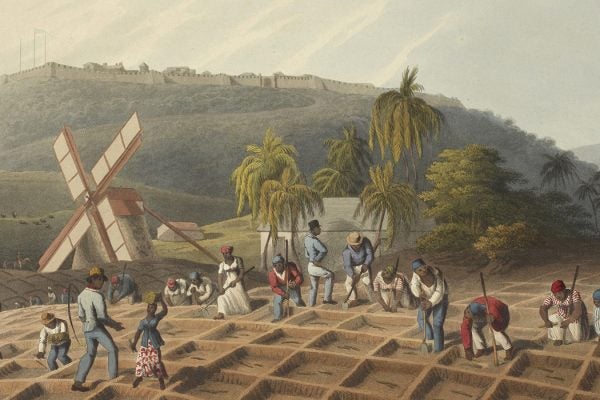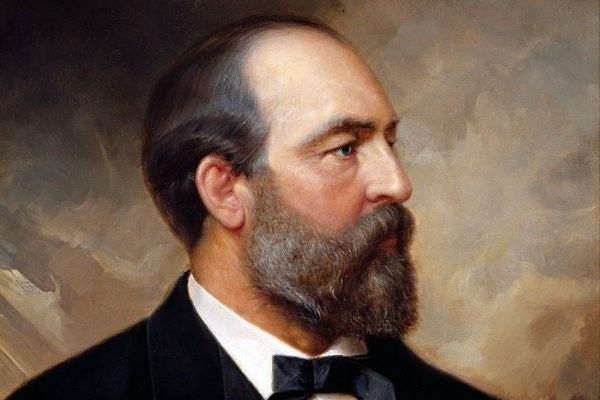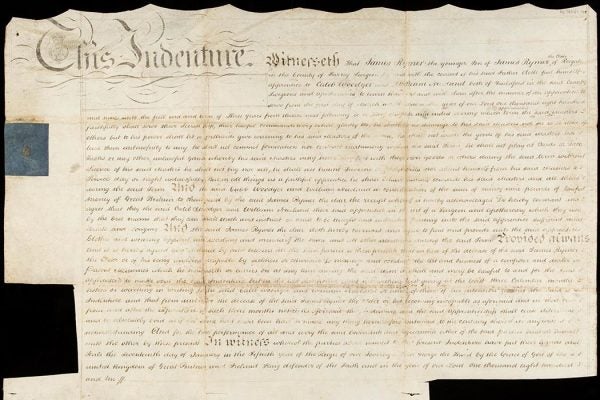Punishing Forgery with Death
In early nineteenth-century England, forging currency was considered to be such a subversive threat that it was punished with the death penalty.
Did Venereal Disease Lead to Abolition?
Many abolitionists seeking to end slavery in the British West Indies were concerned less with human rights, more with the preponderance of what they saw as "interracial sex."
What Do We Really Know about Joseph Stalin?
It took three more decades of Soviet rule before the archives dealing with Stalin and his times could be explored. And then the doors were shut again.
The Unexpected Impact of James Garfield’s Assassination
On July 2, 1881, less than a year after President James Garfield was elected the 20th president of the United States, he was shot by Charles Guiteau.
How A Gambling Duchess Changed British Politics
Georgiana, Duchess of Devonshire, won and lost fortunes, giving into a compulsion that pitted her against some of society’s most notorious ne’er-do-wells.
Brexit What? On the Foundations of the European Union
The foundations of the European Union, which the UK is deciding to remain in or leave, are in coal and steel.
Netflix and Chill
"Netflix and chill" is just the latest trend in 100+ years of changing courtship rituals.
Sugar Has Always Been Bad
Sugar long had a bad reputation because of its connection to slavery in the New World.
Revisiting Churchill’s “Iron Curtain” Speech
The famous “Iron Curtain” speech that propelled us into the Cold War highlights Churchill’s near roguish fight to challenge the USSR.
Indentured Servants and The Domestic Economy
Many 18th-century households included not only relatives and slaves, but also indentured servants, people sold into bondage for a specified length of time.







![Schomburg Center for Research in Black Culture, Jean Blackwell Hutson Research and Reference Division, The New York Public Library. "Sugar cane plantation; [Jamaica.]" New York Public Library Digital Collections. Accessed April 27, 2016. http://digitalcollections.nypl.org/items/510d47df-94a7-a3d9-e040-e00a18064a99](http://daily.jstor.g.sjuku.top/wp-content/uploads/2016/04/Sugar_1050x700-600x400.jpg)

